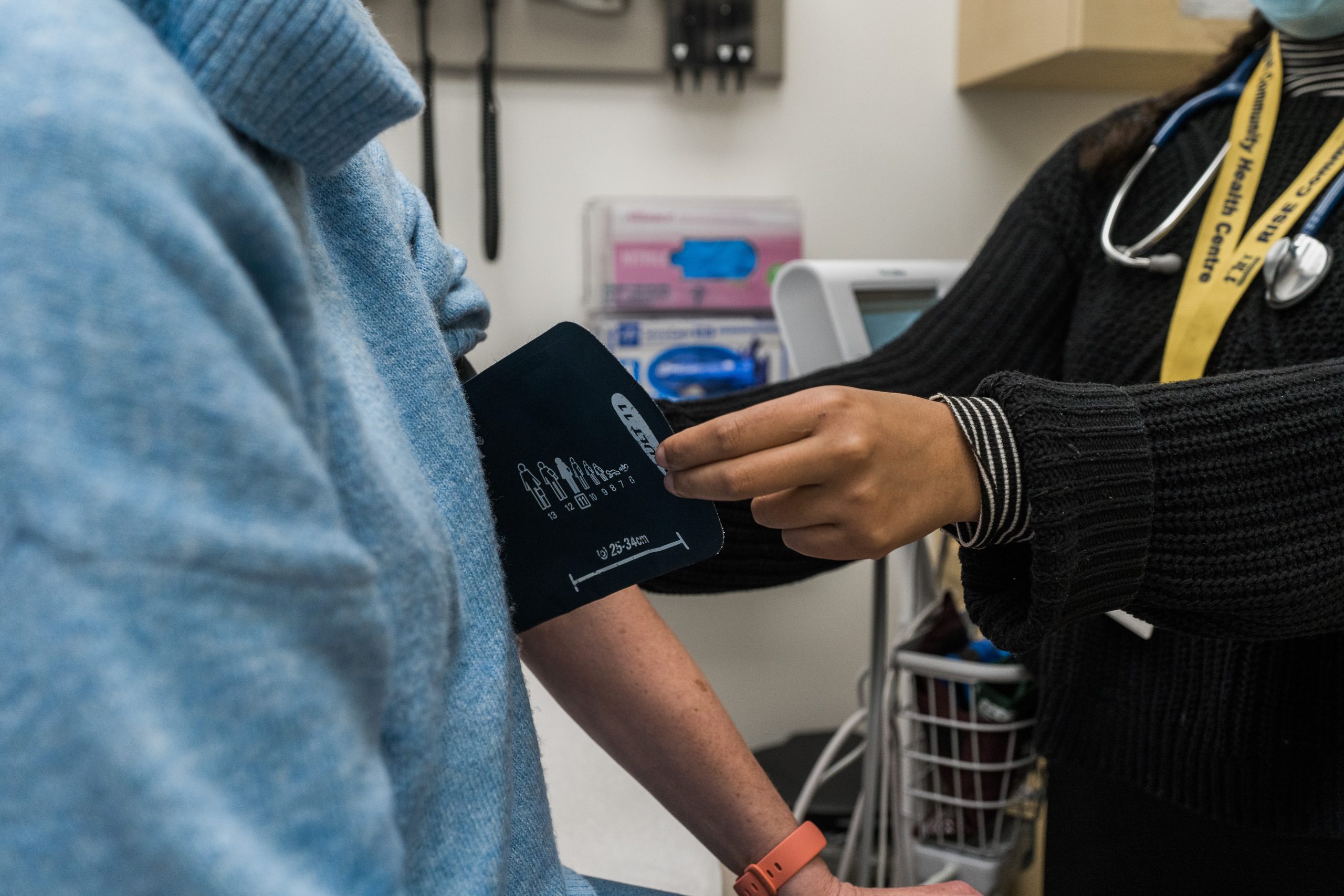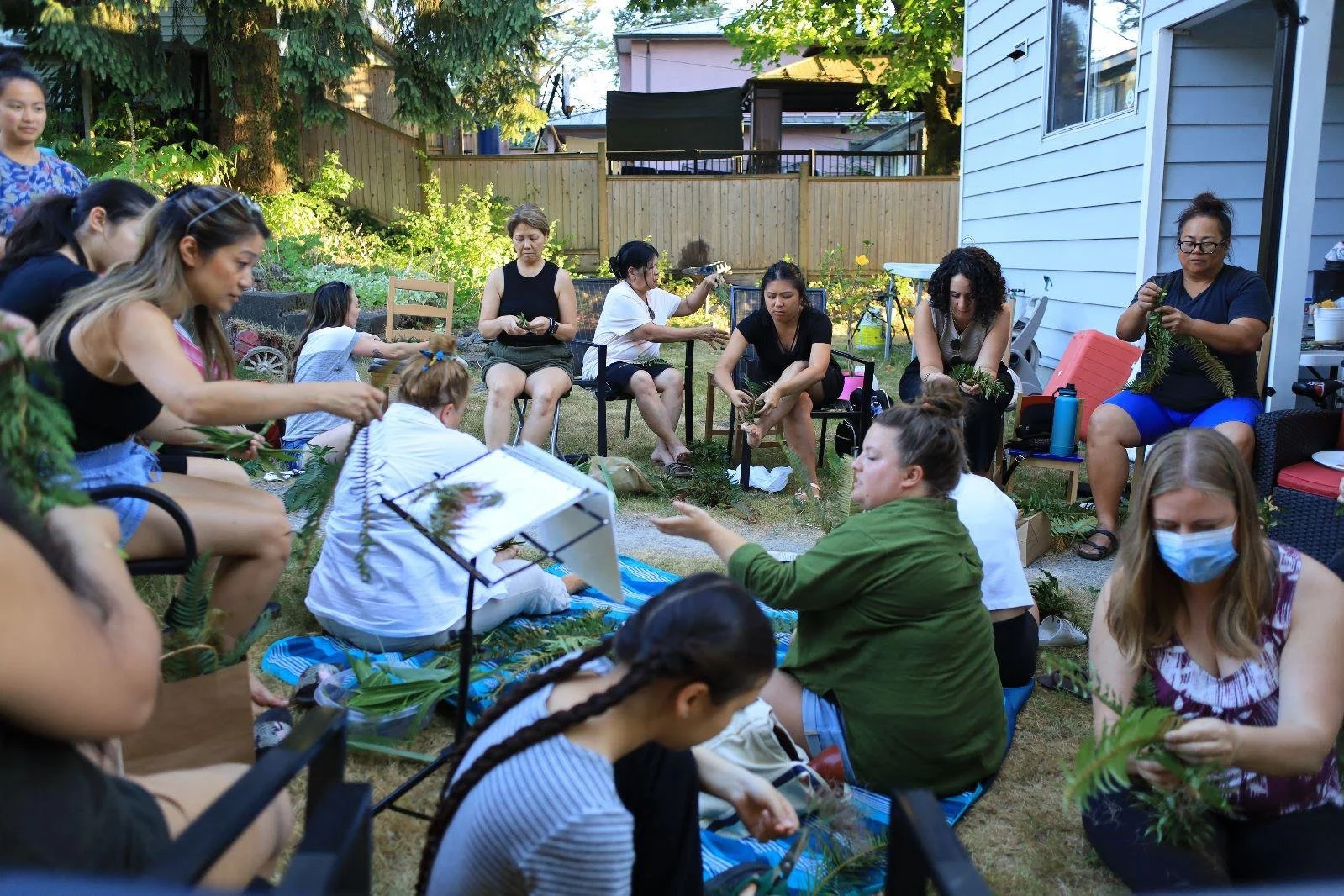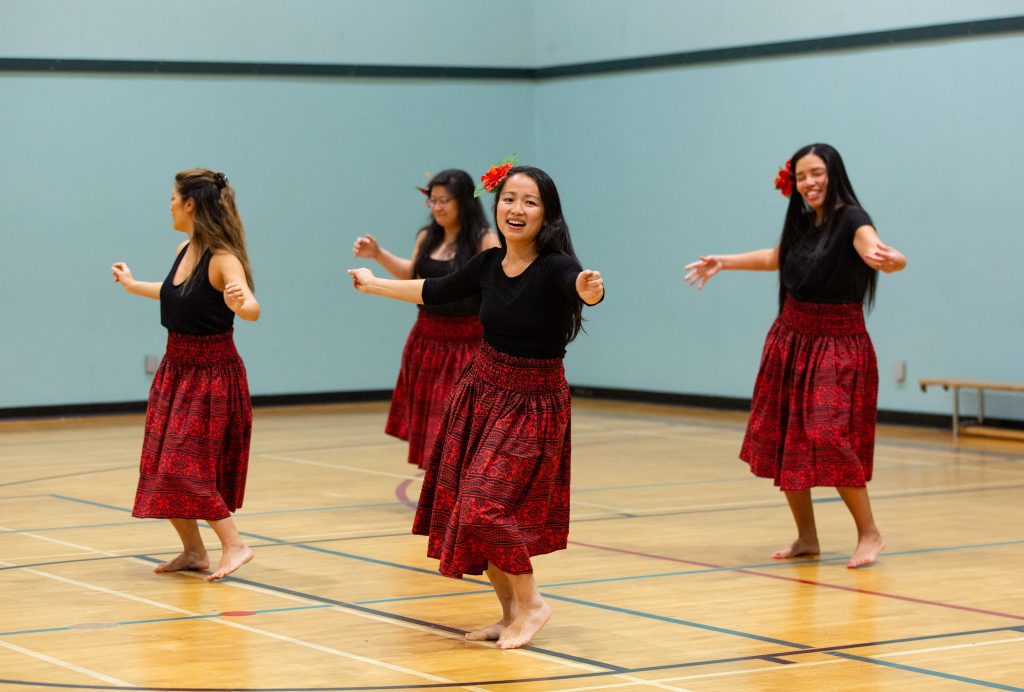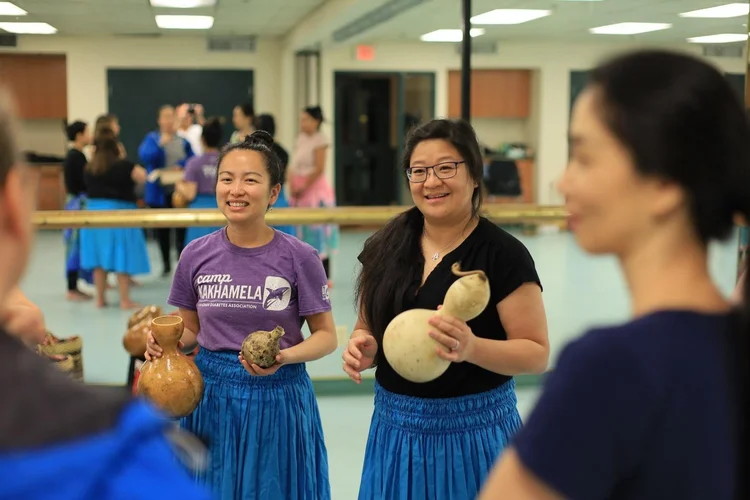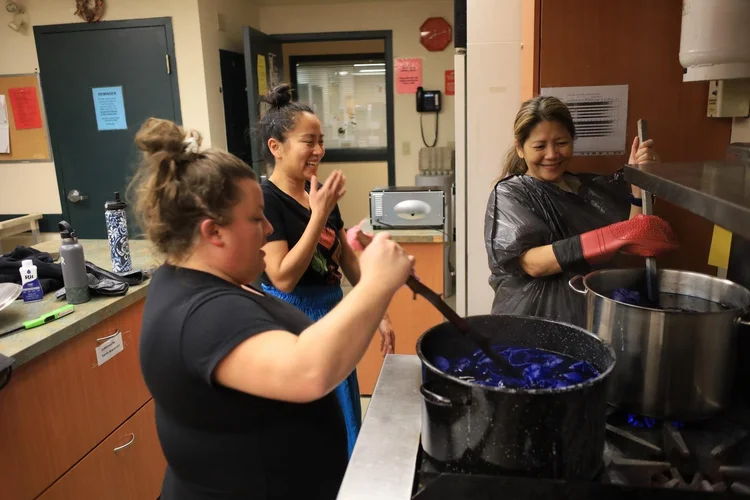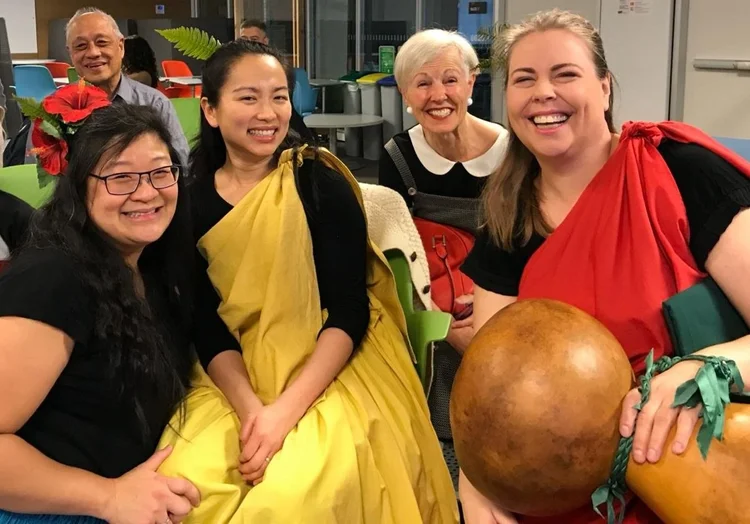Thanks to a generous donation from Darick Construction, Collingwood Neighbourhood House (CNH) was able to support 16 people through the Medical Assistance Fund earlier this year.
Announced in March 2025, the fund was established to provide financial support to individuals facing financial hardship in the neighbourhood. Funds were meant to cover medical treatments, medications, tests, scans and other necessary services.
“Darick Construction made a donation to CNH and specifically asked that a portion be directed to community members with medical needs,” explained Amir Sabbaghan, Annex and Recreation Manager at CNH. “This aligns with their company mission of building better lives through practical support. Based on that gift, we set up the Medical Assistance Fund to issue small, rapid grants to residents facing urgent health-related costs.”
As a result, he noticed many of the applicants for the fund were underinsured or between coverage. This included newcomers, students and those waiting for MSP reactivation. Several of them, he said, were on waitlists for surgery and/or specialist appointments, and needed stopgap supports to manage in the meantime.
For Melissa, one of the fund recipients, accessing the Medical Assistance Fund was a relief as someone who faces multiple barriers to accessing healthcare.
“[G]overnment disability benefits are incredibly low given the cost of living in BC,” they said. “Paying for medical expenses has been a massive burden financially, and has led to a lot of stress and having to make hard decisions like choosing between paying for food or paying for medical expenses.”
A regular participant of CNH’s free food program, Melissa said it has been difficult to find healthcare practitioners with affordable services in the neighbourhood. In addition to having difficulty travelling to appointments far from home, Melissa said they are unable to work due to their medical conditions and are reliant on government disability benefits.
“The medical assistance fund led to massive relief that a significant chunk of my yearly medical expenses was covered by this fund,” said Melissa. “I’m incredibly grateful to be a recipient.”
Amir said that the gratitude from community members like Melissa has been overwhelming with people sharing how a relatively small grant relieved a major burden.
“This initiative has made a meaningful difference in the lives of many, and we are incredibly grateful for the community partnerships that allows us to carry out this kind of work,” he said. “We believe this fund has had a real impact.”
Thank you to Darick Construction for making this fund possible. To make your own impact on the CNH community, visit cnh.bc.ca/donate.

